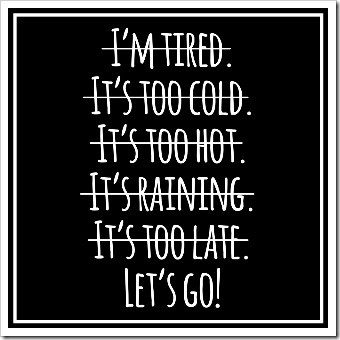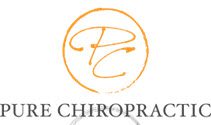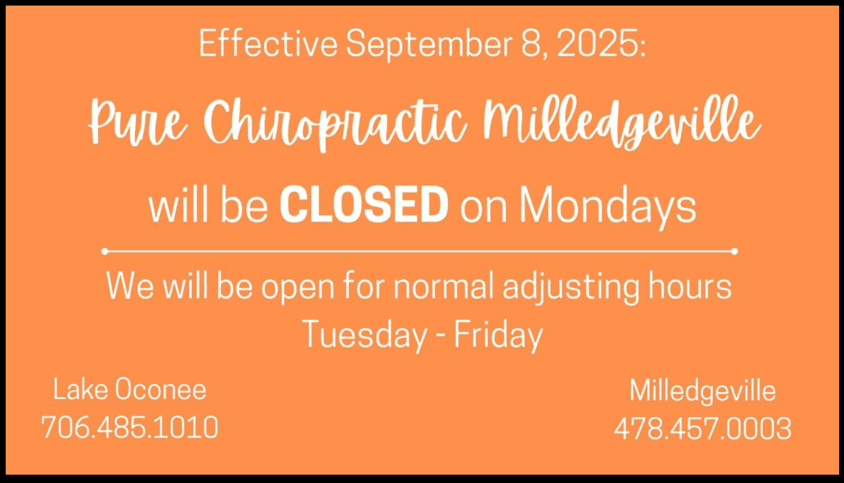
Today most people know that they “should” be doing regular exercise. However, for the vast majority, it has been so many years, if ever, since they did regular exercise that they don’t even know where to begin. This tends to result in an inevitable merry-go-round of various training programs and routines. You probably know exactly what I mean. You join a gym or buy some home gym equipment, then go out and buy some workout clothes so that you will look good during your workout. Now that you’ve spent your hard earned money you are expecting to see some results. You’ve committed to do this new program and a few weeks later you realize that you haven’t worked out in a couple weeks, so you get re-committed and the whole process repeats. Ultimately you never had sufficient follow through to see measurable results. The simple fact that you didn’t get to the measurable result tends to lead to a variety of undesirable effects: giving up, stress, binge eating, and general self-loathing (I hate myself!!).
The fact is that you did get a measurable result – you were just measuring the wrong things: New Membership, New Clothes, and New Equipment. Of course, that wasn’t what you had intended but in today’s culture, we have a tendency to throw money at things in an effort to buy a solution. Unfortunately, it doesn’t really matter how much money you throw at your fitness – it’s tough to buy regular exercise. That doesn’t mean that you can’t make the experience more pleasant by buying a few comforts but the first thing that should be on your to-do list is a commitment to what you want to achieve with your regular exercise, in what time frame you want to achieve this goal, how you benefit by achieving this goal and an action plan. You can get very specific on this point.
Write Your Goals Down
My Regular Exercise Goal: Walk Continuously for 30 minutes 4 days per week
Time Frame to Achieve My Goal: 6 weeks (this is a good time frame to start with)
Benefits from Achieving My Goal: Increase Cardiovascular Fitness, Improved Sleep, Lower Stress and More Life
Action Plan: Walk Continuously for 5 minutes 4 days per week and increase by 5 minutes each week.
Learn to Leverage Yourself
Now it’s time to leverage yourself to ensure that you actually achieve your goal. Decide on a reward that you will give yourself for achieving it. Don’t go over the top on your first goal but it should definitely be something that you really want.
The Reward for Achieving My Goal: 2 hour Full Body Spa Treatment, the golf clubs that you have been eyeing, or anything you would like to achieve. Think big – You Deserve It!
Don’t wait until you achieve your goal to buy the reward – go out and buy it now! This is the best way to spend money on achieving better fitness; on a reward for doing it.
Now the last and most important step is to really leverage yourself. Call someone that knows you have been struggling with your exercise and let them know what your goal is and that you have already bought your reward. Tell them that you are so committed to achieving this goal that if you don’t do it that you will be giving them your “reward”! This works even better if you would hate to give this person your reward.
Truly A Winner With This Participation Ribbon
As small children, we were well conditioned to work hard toward a goal when there was a perceived reward for achieving the goal. We also understood that if we didn’t win that someone else would get the reward for winning. For the vast majority of us, that desire to achieve the goal and to get the reward is still present. Learning how to access this built-in desire to achieve the goal and reward as part of your regular exercise program can help to get you off of the merry-go-round. The trouble with regular exercise is that we very often can’t perceive the goal or reward and, as a result, we have a hard time understanding why we are continuing to do this regular exercise. By building on your own goals and reward system I can promise that your commitment to achieving your goals will be much more sustainable.
Once you achieve your first goal and receive that reward be sure to celebrate it because you are in the “Winner’s Circle”! Then turn around and set your next goal. Initially, you will want to keep your goals simple to achieve so that you can be the winner again and again. Keep your time frames between 4 and 6 weeks so that you can maintain your intensity for achieving the goal. Make each successive goal a bit more difficult but still attainable and one goal at a time you will see your level of fitness continuing to improve.
The First Step – Walking
Remember that general exercise is a key factor in maintaining overall health and well-being. If you’re committed to the long-term health and well-being for yourself and your family, regular exercise is essential. Starting with walking as your form of regular exercise is one of the best possible choices. Walking avoids the vast majority of pitfalls associated with other types of exercise. Walking is low-impact, requires minimal equipment, and no gym memberships. Walking can be done outside in the fresh air and sunshine which provides many additional benefits beyond those gained from the exercise itself.
Starting slowly is the main consideration. If you haven’t done any vigorous physical activity for months or years, 5-10 minutes of walking at a modest pace should be sufficient for your first day of walking. 3-5 minutes out and 3-5 minutes back. Make 10 minutes your limit even if that amount feels like it is too little. It’s always better to start with less exercise and gradually increase over time than to start with too much and suffer from muscular soreness or injury. Adding approximately a minute each day, until you’re doing a thirty-minute walk at a modest pace. With this quantity of comfortable walking, you can now begin to increase your pace. Ultimately, 30 minutes of walking at a brisk pace will provide sufficient health benefits for most people, based on 4 to 5 walking sessions per week.
Consistent regular exercise can help to lower blood pressure, prevent heart disease, reduce the incidence of stroke, reduce the incidence of diabetes and obesity, and it can even improve the outcomes of patients receiving cancer treatment. Walking for exercise is an efficient, enjoyable, and easy way to enable you and your family to begin obtaining these long-term health benefits.
Walking for exercise is an efficient, enjoyable, and easy way to enable you and your family to begin obtaining these long-term health benefits.
So grab your walking shoes and let’s go win a healthier life!
For Your Health,
Dr. Ted Smith and

